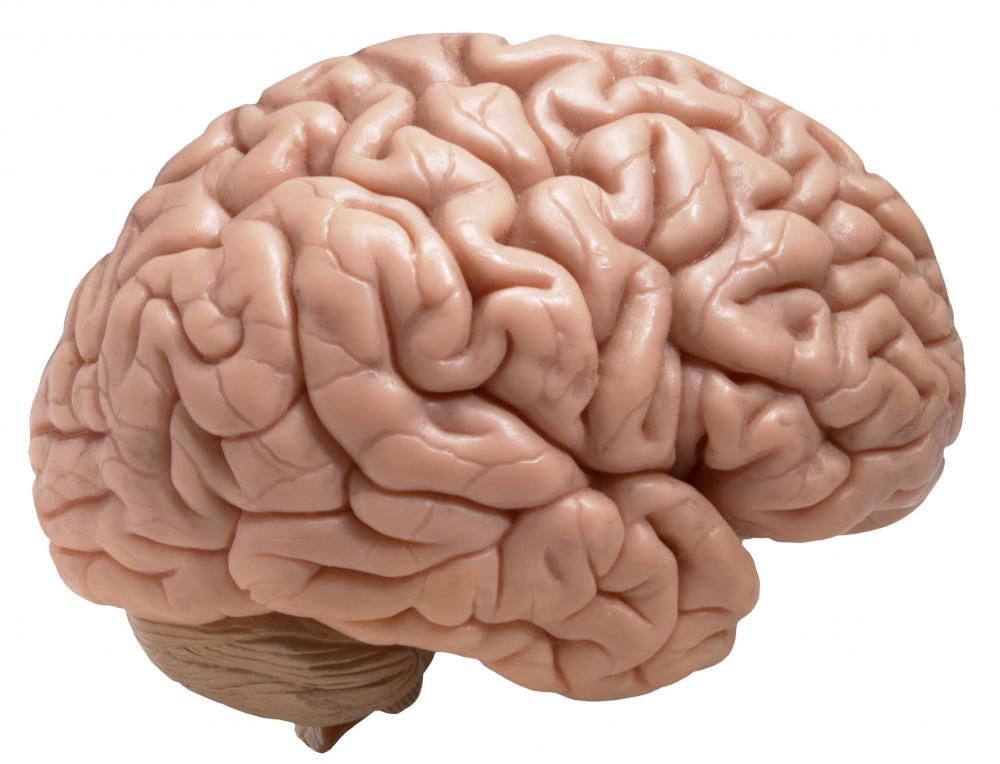At TheHealthBoard, we're committed to delivering accurate, trustworthy information. Our expert-authored content is rigorously fact-checked and sourced from credible authorities. Discover how we uphold the highest standards in providing you with reliable knowledge.
What is Central Hypothyroidism?
Hypothyroidism is a thyroid disorder caused by low levels of circulating thyroid hormone. Central hypothyroidism is a subtype of this thyroid disorder, which involves the hypothalamus or pituitary gland rather than the thyroid gland. Like other forms of hypothyroidism, central hypothyroidism is characterized by weight gain, intolerance to cold, decreased sweating, coarse skin, hair loss, tiredness, and weakness. Correct identification and diagnosis of central hypothyroidism from other forms is essential in therapy, and is done through laboratory and imaging tests.
Regulation of thyroid hormone secretion is done through endocrine signaling in the pathway called hypothalamus-pituitary-thyroid axis. First, the hypothalamus releases a hormone called thyrotropin-releasing hormone (TRH). When this substance reaches the pituitary gland, cells called thyrotrophs secrete another hormone called thyroid-stimulating hormone (TSH) into the bloodstream. The blood then carries TSH to the thyroid gland, which is also called the target organ.

The amount of TSH determines how much the thyroid gland is stimulated. Proper TSH production levels will lead to sufficient secretion levels of T3 and T4. These hormones, particularly T3, are important in maintaining the metabolic processes of the body. If these hormones are secreted at inadequate rates, metabolic processes slow down, leading to the symptoms of hypothyroidism.

The hypothalamus and pituitary gland are considered central for two reasons. First, they are parts of the brain. Second, they are topmost in the hierarchy of the endocrine system because they provide stimulating signals to endocrine glands such as the thyroid, adrenals, ovaries, and testes. Therefore, when a defect occurs in the signaling pathway because of a disturbance in the functioning of the hypothalamus and pituitary gland, central hypothyroidism occurs.

Secondary and tertiary classifications of central hypothyroidism are also diagnosed. The secondary form occurs when only the pituitary gland is affected, whereas the tertiary form occurs when only the hypothalamus is affected. In contrast, hypothyroidism due to a thyroid disease, such as Hashimoto’s thyroiditis, thyroid adenoma, or thyroid cancer, is called primary or peripheral hypothyroidism.

Causes of central hypothyroidism include pituitary adenoma and brain tumors that compress the hypothalamus. Drugs, such as dopamine or lithium, can also cause this disease by inhibiting the functions of the hypothalamus. Traumatic injury or lack of blood supply to the brain can also lead to this condition.
Blood tests to determine TSH and thyroid hormone levels are the first step in diagnosing central hypothyroidism. If the physician finds out that TSH is low or normal and the T3 and T4 levels are reduced, he or she would suspect central causes. An imaging test, such as computed tomography (CT) or magnetic resonance imaging (MRI), is then performed.

Treatment of central hypothyroidism depends upon its cause. If the cause is a tumor or an adenoma, surgical removal is preferred. On the other hand, if a drug is causing the condition, it could be given in lower dosage or its intake could be stopped. These measures, however, may not restore the function of the hypothalamus or the pituitary gland. In this case levothyroxine, synthetic thyroid hormone, is prescribed.
AS FEATURED ON:
AS FEATURED ON:
















Discussion Comments
Hypothalamus (along with all endocrine glands) can be treated by using homeopathic remedies. I've used this type of treatment for several years with very good results. Most MDs don't diagnose hypothalamus and can't treat it.
Start by locating a natural/alternative/ homeopathic health care provider. For thyroid help there's also a great product on the market called T-100 (Progressive Labs, Irving TX) that I've been using for some time. Also with very good results. T-100 is a glandular/herbal combination.
Post your comments